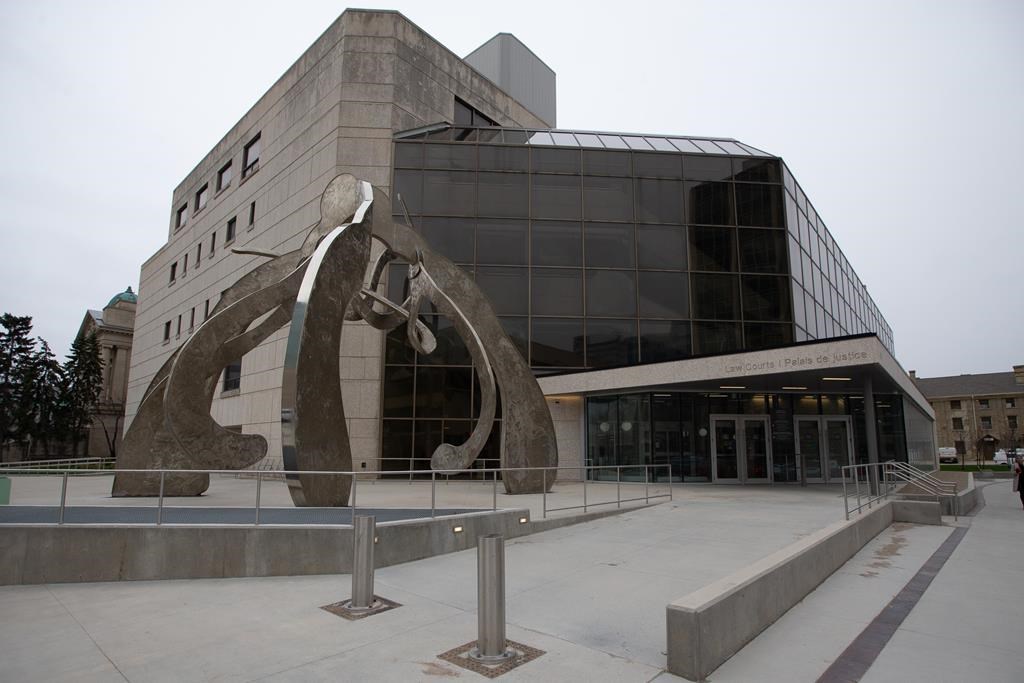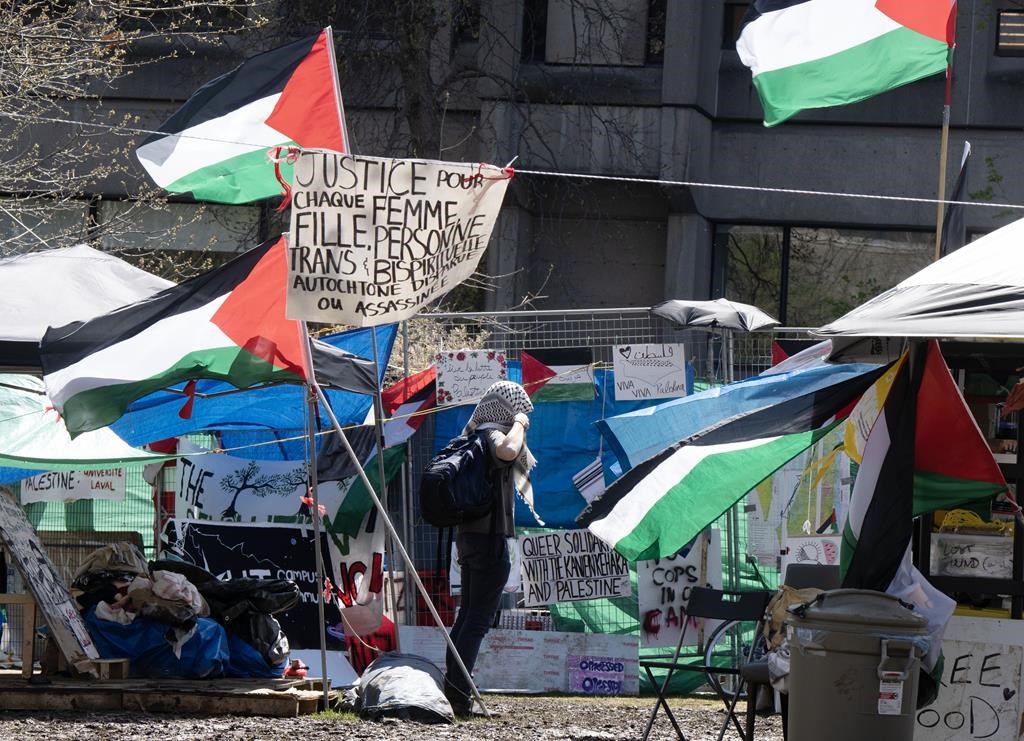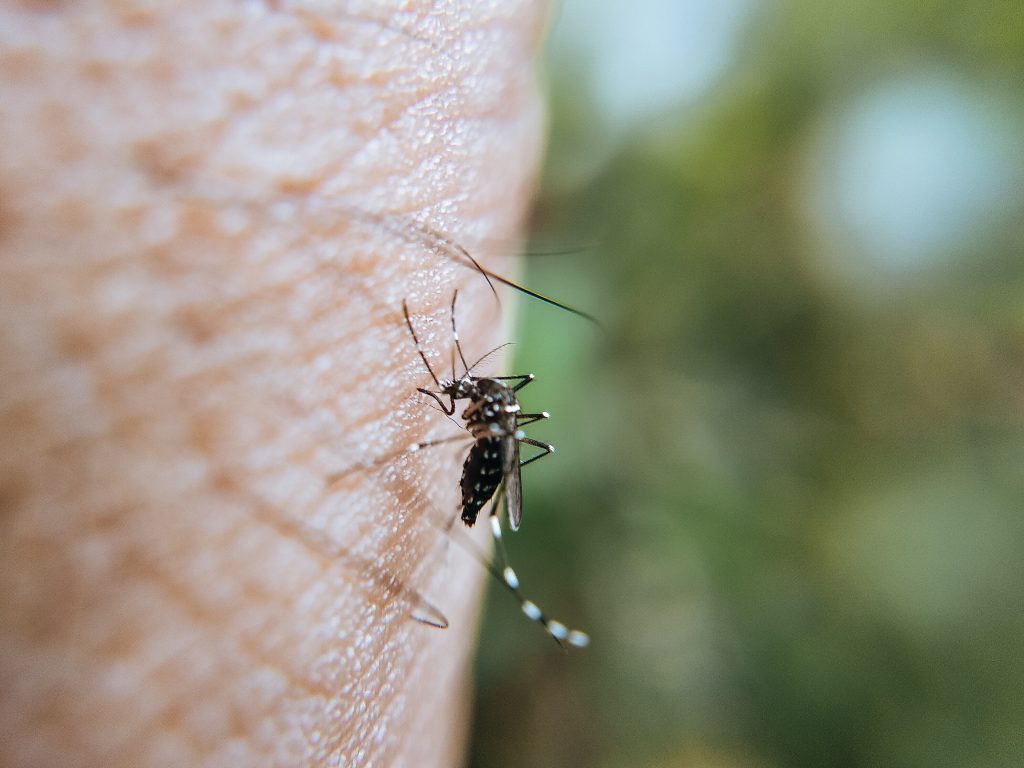Manitoba tabs $20M for K 12 education recovery

Posted June 24, 2022 1:15 pm.
As teachers grapple with COVID-19 learning loss, Manitoba is earmarking specific dollars to address disengagement, school readiness and academic catch-up.
Education Minister Wayne Ewasko has announced $20 million is being allocated to public and independent schools to undertake recovery education so all learners can achieve grade-level expectations, regardless of personal circumstances.
“Some of these students have not seen so-called normal school yet and so there’s many things that they have not even had the opportunity to learn about yet – whether that’s coming in in the winter and taking off your boots at the door? or lining up to go to the gym,” Ewasko told reporters during a news conference Thursday at Sansome School in Winnipeg.
The new funding is for initiatives in four particular areas: literacy and numeracy; mental health and well-being; student re-engagement; and additional supports for students with disabilities.
It includes $11 million in flexible funding that will be distributed to divisions and independent schools on a per-pupil basis so they can choose how best to support remedial learning at a local level.
A total of $9 million has been set aside for targeted investments, including specific dollars to support children with delayed entry to the K-12 system and learners returning from home-school arrangements, for schools that have been most affected by the pandemic.
Asked about what particular groups have suffered the most significant learning loss, Ewasko indicated divisions are reporting students of all ages were uniquely affected at various developmental stages in their K-12 careers.
The province is looking at ways to better understand how the pandemic has affected the health and behaviour of students, and to perform both recovery learning research and evaluation, Ewasko said.
The Manitoba Teachers’ Society welcomed the $20 million, but the president of the union said the new funding will simply help with “firefighting.”
“It’s a one-time injection of money into a system that’s been underfunded for years now – and it doesn’t solve any of the long-term issues within the public education system,” said James Bedford, who represents upwards of 16,000 public school educators.
As far as Bedford is concerned, if provincial funding had kept up with enrolment and inflation in recent years, schools would not be facing challenges related to class sizes and substitute shortages at present.
The new dollars represent the equivalent of an additional approximately $100 in funding per K-12 student.
There has been limited standardized assessment data made available to the public in recent years due to many provincewide assessments being put on hiatus amid the pandemic.
Manitoba’s overall graduation rate has continued on a steady incline, with the four-year, on-time convocation figure increasing to 82.6 per cent in 2020 and 83 per cent in 2021, from 81.9 per cent in 2019.
However, successful math and English credit attainment among Grade 9 learners has slightly decreased since the first COVID-19 school closures in March 2020. The percentage of first-time Grade 9 students who attained a math credit by the end of the academic year dropped to 86.6 per cent in 2020-21 from 89.4 per cent in 2019-20. There was a decrease of nearly two percentage points in the English Language Arts category during that period.
As part of the latest funding announcement, Manitoba’s online high school will receive $200,000 in order to provide free credit-recovery programming over the summer.
“It’s allowing for equity. It’s allowing for accessibility, which is really important because? covering the fee allows for the opportunity for all,” said Mike Wake, superintendent of St. James-Assiniboia, which operates InformNet in partnership with Pembina Trails.
Also Thursday, Wake touted the flexibility that is being given to divisions when it comes to making investments in remedial learning at a local level.
The K-12 leader said his division may spend dollars on expanding guidance counsellor services and professional development opportunities across west Winnipeg.
St. James-Assiniboia is also considering hiring an additional community connector – an expert with a social work background who can support school efforts to re-engage students – and more substitute teachers in order to free-up classroom educators so they can look at assessment data and collaborate on strategies.








